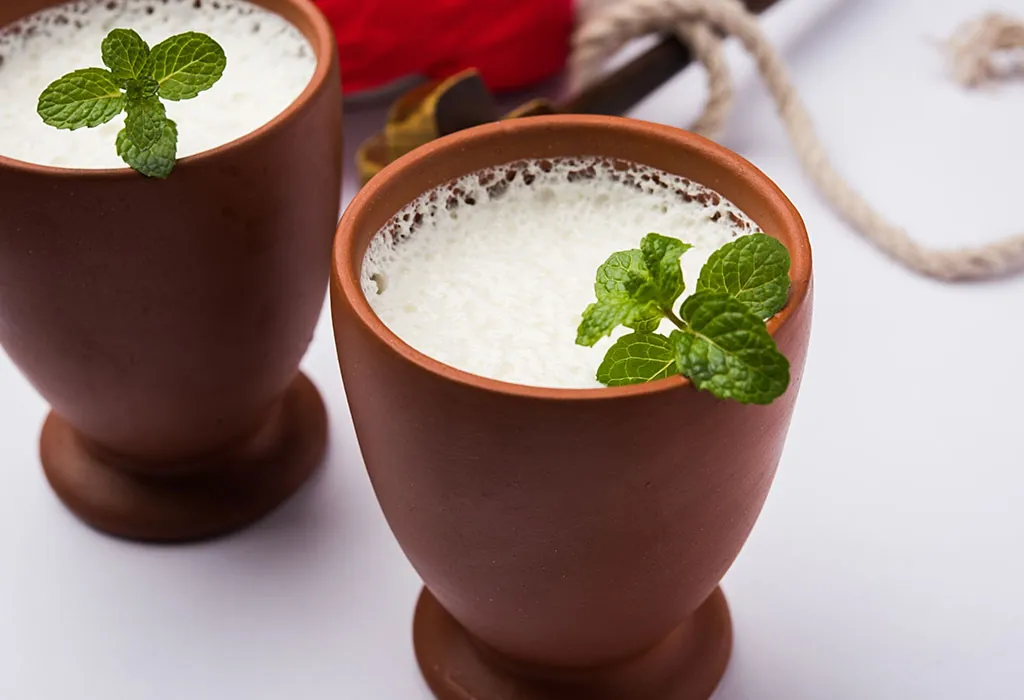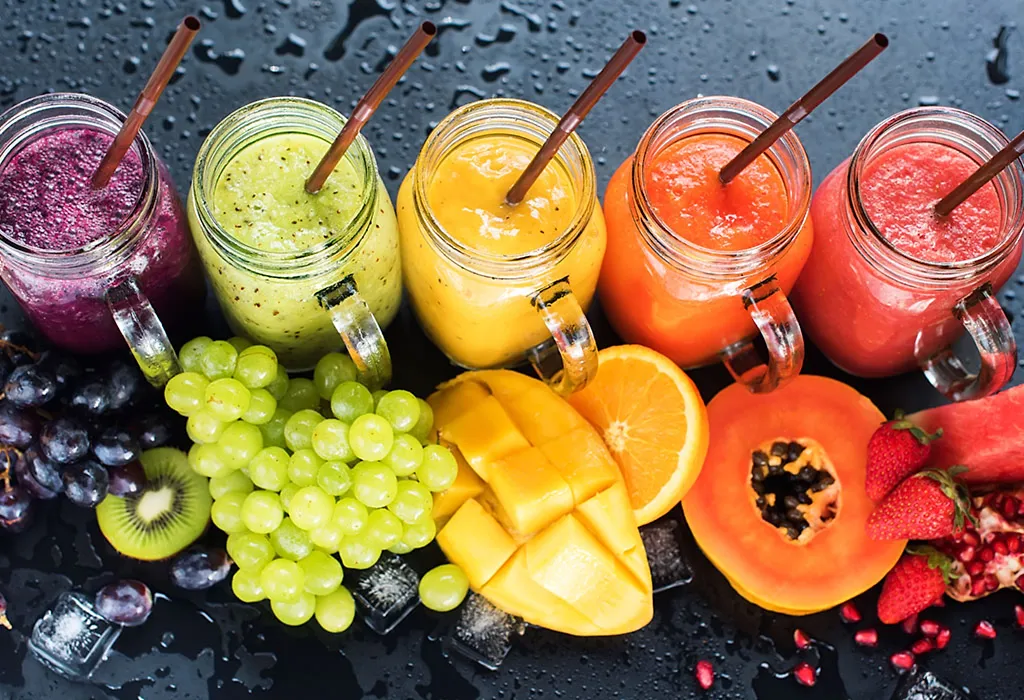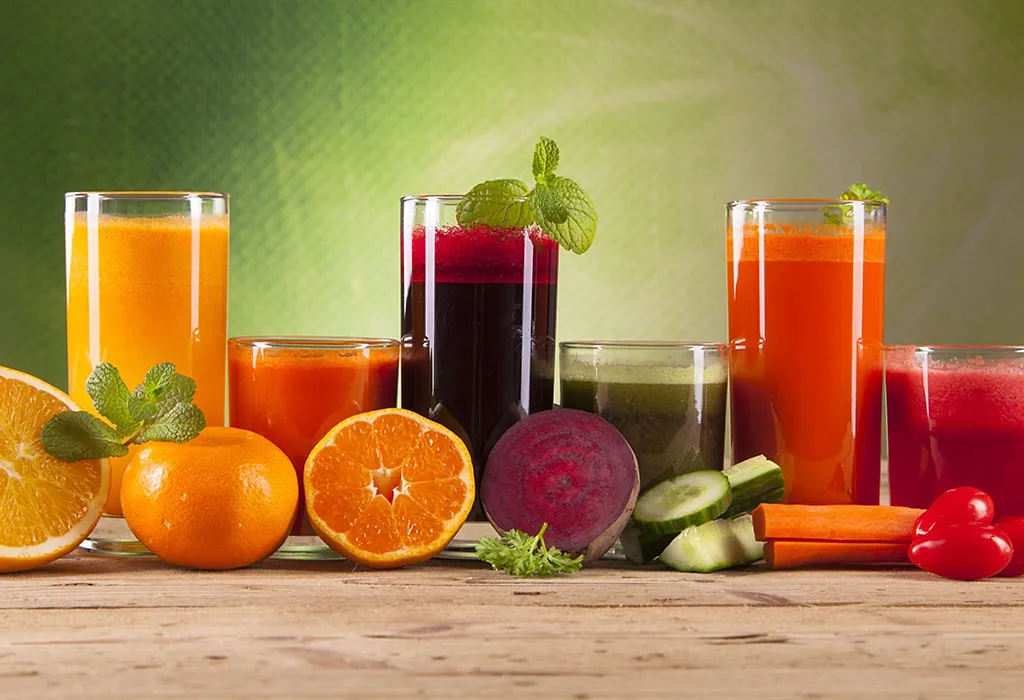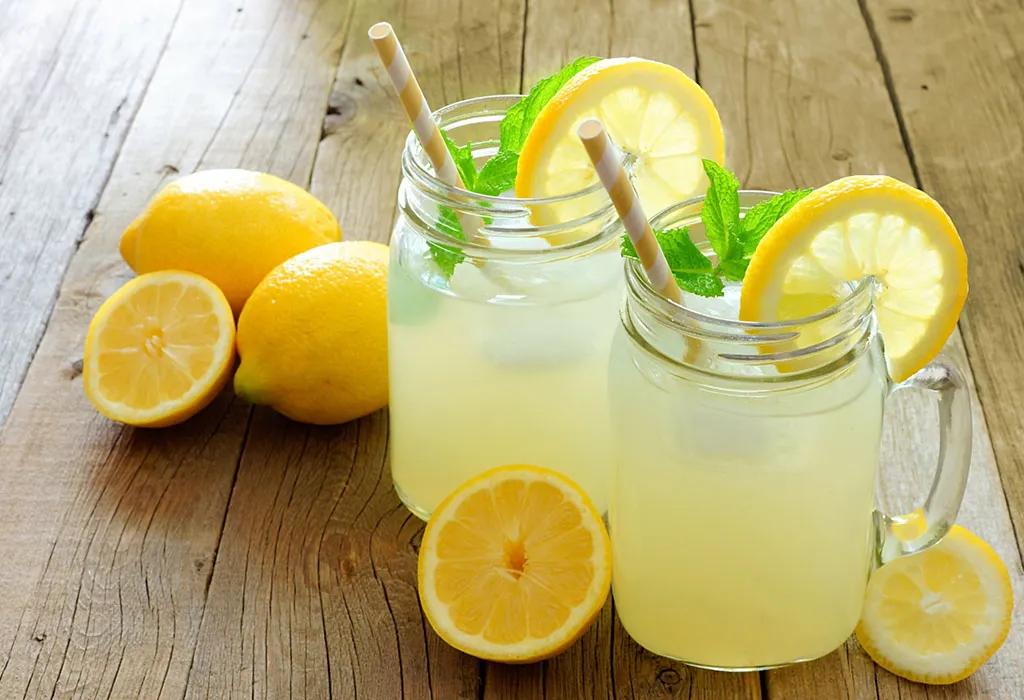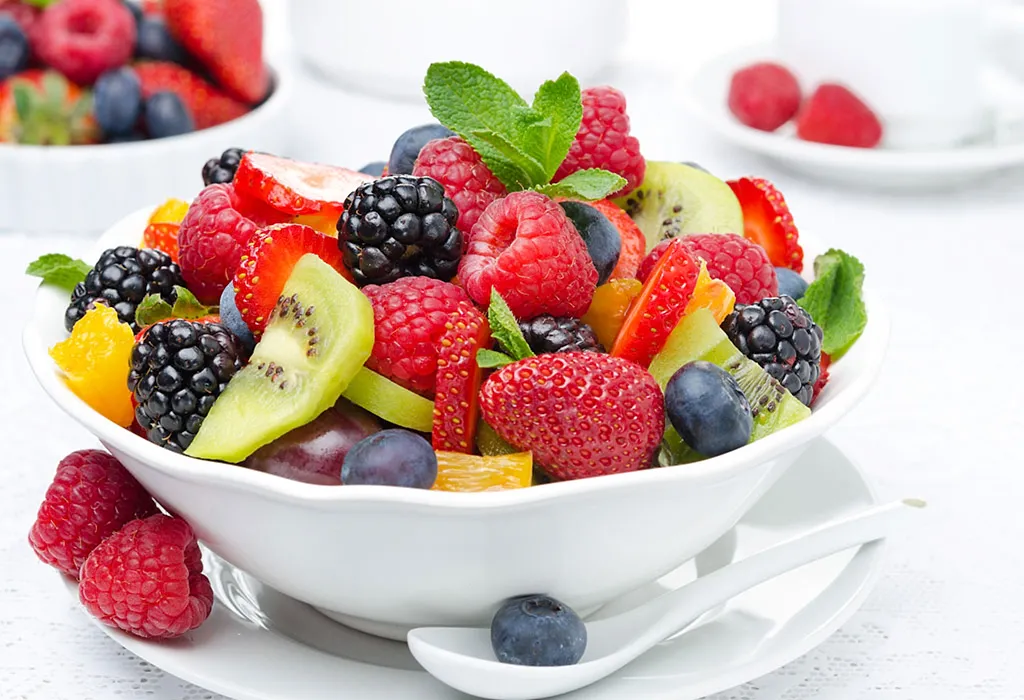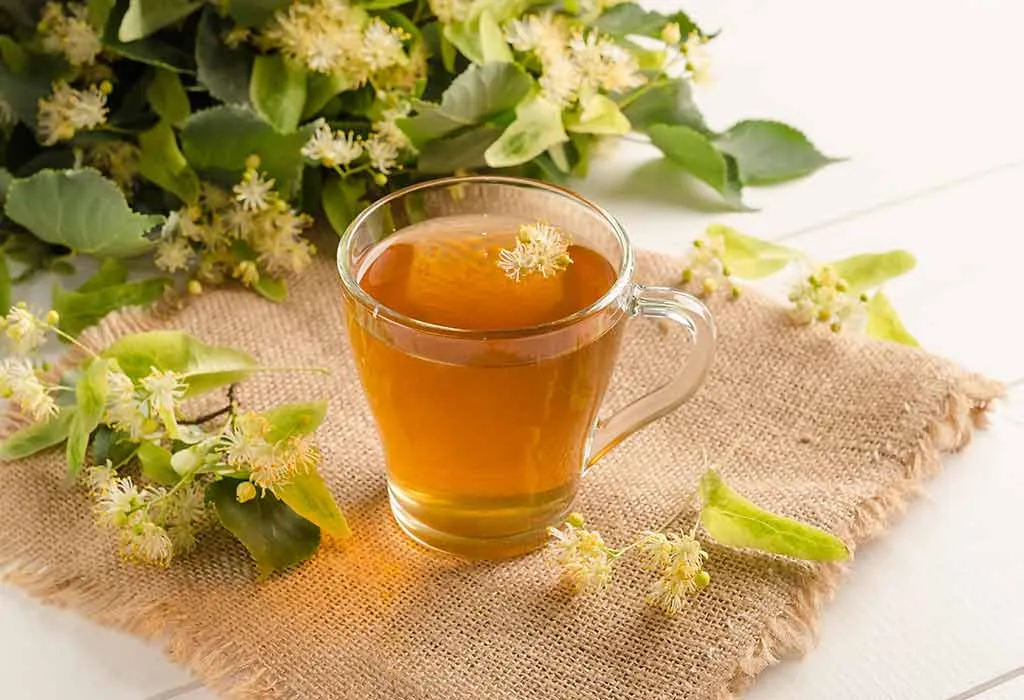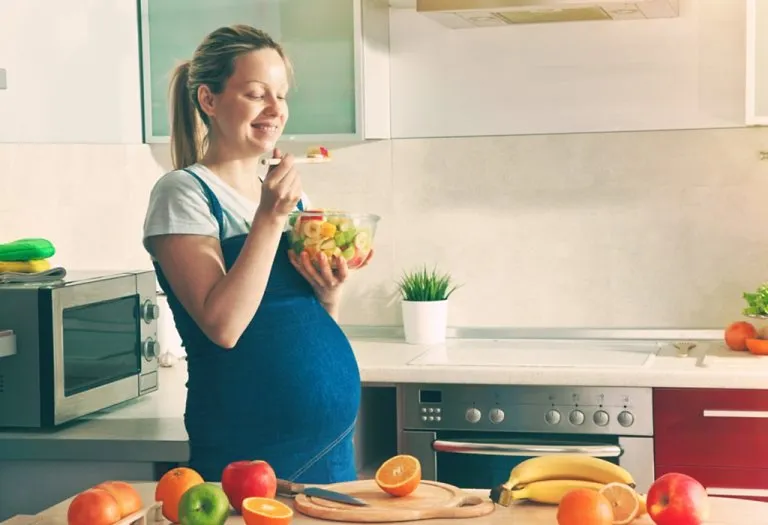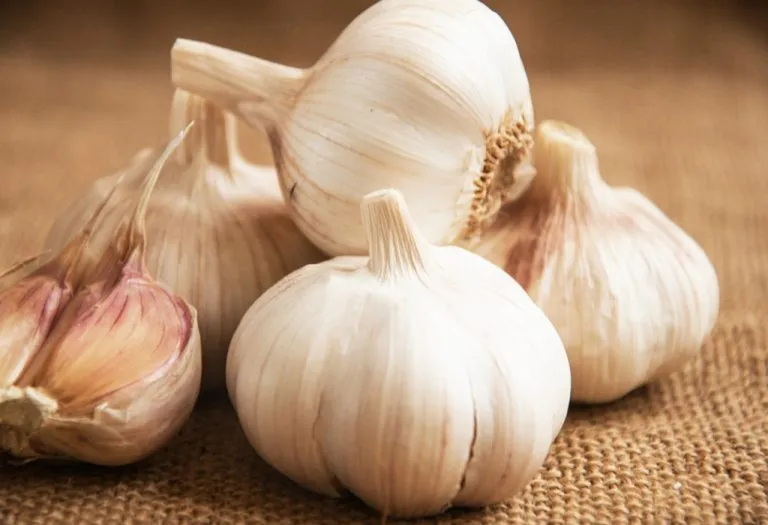Drinking Soft Drinks During Pregnancy – Is It Safe?
Understand the safety of soft drinks in pregnancy, their risks, healthier alternatives, and how to make smart beverage choices

Most women are aware that alcohol is detrimental to the baby’s growth. Hence, they satiate their cravings by replacing them with flavoured drinks, soda, diet soda, plain soda, or even drinking a cold drink during pregnancy. But let us ask you one question. Is the consumption of soda in pregnancy safe for the mother-to-be or the baby? The ongoing debate about fizzy drinks and pregnancy highlights the need for clear, evidence-based guidance. Pregnancy cravings can be weird; we understand that. However, the smartness lies in how we satiate them without harming ourselves in return. Making informed choices is crucial for navigating the various dietary dos and don’ts. In this article, we will provide you with a clear understanding of the specific benefits and harmful effects of consuming soft drinks while pregnant, helping you make the safest decision for you and your child.
Is It Safe to Drink Soft or Carbonated Drinks During Pregnancy?
Ideally, pregnant women should consume milk, fruit juices, milkshakes, etc. and avoid all forms of soda, caffeinated drinks, energy drinks and cold drinks in pregnancy. It is safe when ingested in moderation, though it may not be the best option (1). For women wondering, “Can I drink soft or cold drinks during pregnancy?” Here’s why you should not.
Harmful Effects of Drinking Soft and Fizzy Drinks in Pregnancy
Here are some of the harmful effects of drinking soft drinks regularly during pregnancy.
1. Caffeine Concerns
Most colas contain caffeine, which is addictive and has multiple detrimental side effects. Caffeine uptake in the blood is fast and reaches the baby quickly through the placenta. Caffeine affects your central nervous system and the adrenal gland while remaining in your circulatory system for about 11 hours, and the unborn baby struggles to break down this toxic substance. Caffeine is a diuretic and causes dehydration, too.
The absolute top-recommended limits for pregnant women should not exceed 200mg of caffeine per day. Besides affecting your rest and sleep, an intake exceeding 300mg of caffeine can lead to a miscarriage (2). Over 500mg of caffeine a day leads to chronic high heartbeat and breathing levels, and heartburn in the baby. It is, hence, advisable to avoid Coke, coffee, chocolates, brownies, and anything containing caffeine.
Here is the calorie chart of popular drinks by the National Soft Drink Association, US Food and Drug Administration.
2. Sweetener and Preservative Dangers
Colouring agents, preservatives, sweeteners and flavours are unhealthy, especially in pregnancy. Here’s what they can do. Sugar intake can increase your weight, and complications may occur during pregnancy and also affect your baby’s growth. Colouring agents contain a dye, which could cause allergies in the baby. The presence of the banned saccharin in soft drinks can pass through to the baby and accumulate in the bladder. A late 1980s study observing human mother-infant following the maternal intake of saccharin near delivery found the presence of saccharin in all 6 newborn cord sera as well as their mothers’ sera and urine (3).
3. Risks of Ice-Cold Drinks
A pregnant woman’s stomach is temperature-sensitive. Having iced and chilled drinks may lead to the stomach and blood vessels shrinking all of a sudden, which can’t be good for the baby, right? Side effects of this could be reduced appetite, indigestion, stomach spasms and early miscarriage, besides lowering the unborn baby’s food supply and growth, leading to congenital disabilities.
4. Empty Calories and Weight Gain
When you are pregnant, you are eating for two, so you should take extra food, nutrition and care. Reduce the intake of soft drinks that add calories and no nutritional value to the baby’s growth (4). The added calories could lead to overweight babies. In fact, it is found that individuals who consume diet sodas gain weight.
5. Carbonation and Digestion
Colas and soft drinks have carbon dioxide bubbles. Towards the end of pregnancy, you are extremely sensitive, and carbonic acid may give you severe heartburn and indigestion, increasing the acidic levels for close to an hour (5). Added to caffeine, this makes heartburn worse for you and the baby.
6. Bone Health and Flavouring Agents
Flavouring contains phosphoric acid, which leads to calcium leaching from the bones. The lack of calcium makes the bones brittle, which is undesirable, especially in pregnancy.
7. Impact on Baby’s Brain Development
A study shows that when a mom-to-be has more sugar, especially from sugar-sweetened drinks, their babies tend to have poorer problem-solving ability and verbal memory. Drinking it during pregnancy was linked to poorer fine motor, visual, spatial and visual-motor abilities in early childhood.
Alternatives to Soft or Fizzy Drinks During Pregnancy
Yes, of course! Your cravings during pregnancy for cool drinks can be satiated with healthy alternatives that are additive and caffeine-free, have less sugar and lots of nutrient value.
Just remember that water is always the best base and helps with some symptoms like constipation, itchy belly, feeling tired, headaches, etc. You need to drink at least eight glasses of water a day, which makes it a daunting task (6). To satiate the craving for cold drinks with a blend of water in the following healthy recipes. A single serving of a fizzy cold drink is okay, though not the safest or best alternative. Here are a few ways to help those erratic urges and cravings. Drink a glass of milk, fresh fruit juice, lassi or coconut water instead. Exercise and consume these beverages instead.
1. Buttermilk
Buttermilk with a dash of ginger, onion, coriander and salt forms an excellent health drink. You can experiment by blending it into smoothies or as a standalone. Be careful not to drink too much.
2. Homemade Smoothie
Use fruits like apples, bananas, chickoo, musk-melon, watermelon, grapes, and whichever fruits you desire. Blend in half a cup of water or milk to make a delicious smoothie.
3. Fruit-Veggie Combos
Use a juicer to blend fruit and a vegetable, and avoid sweeteners. Try combining carrots with apples, oranges, pineapples, etc.
4. Lemon-Based Cool Drinks
Make lemon slices or lime juice in plain water. You can even add any other fresh fruit juice to flavour. Lemon and limes are known for their limiting of morning sickness and nausea. Besides, they provide beneficial minerals and vitamins.
5. Fruit Cup in Mineral Water
Make yourself a fruit cup with slices of fruits of your choice like watermelon, lemon, orange, pear, kiwi, litchis, passion fruit, mangoes, cherries or bananas. Pour mineral water over it and dig in.
6. Decaffeinated Herbal Teas
Decaffeinated herbal teas like rooibos tea, red raspberry leaf tea, peppermint leaf tea, chamomile tea, and ginger balm tea are certain options that are safe and ideal for pregnant women.
FAQs
1. How frequently is it safe to have soft drinks while pregnant?
An occasional soft drink or a packaged lemonade is fine if the mother follows a healthy and balanced diet and takes care of her daily calorie intake. Keeping an eye on the calorie intake and added flavours is a must to steer clear of any excess (7).
2. Why does your baby move when you drink cold water or drink?
Babies can sense a change in temperature or sound and may respond to that change in the stimulus. As a result, when you drink cold water, you may notice your baby move in the womb.
3. Are diet sodas a better alternative during pregnancy?
Certainly not! Diet sodas are laden with artificial sweeteners like aspartame and acesulfame potassium, which may result in delivering heavy-weight babies. However, if consumed in moderation, the sweeteners can be safe. For healthy and safe alternatives, you can drink homemade lemonade, coconut water, iced tea, plain cold water, or pasteurised cold fruit juices.
Most fizzy drinks and pregnancy don’t see eye to eye; however, an occasional one cannot be disputed. There are several flavoursome drinks that you can try in place of soft drinks, which not only keep you refreshed during pregnancy but also offer you a host of nutrients and benefits.
Also Read:
Kombucha during Pregnancy
Consuming Soda while Pregnant
Healthy Drinks during Pregnancy
Drinks and Beverages to Avoid while Pregnant
Was This Article Helpful?
Parenting is a huge responsibility, for you as a caregiver, but also for us as a parenting content platform. We understand that and take our responsibility of creating credible content seriously. FirstCry Parenting articles are written and published only after extensive research using factually sound references to deliver quality content that is accurate, validated by experts, and completely reliable. To understand how we go about creating content that is credible, read our editorial policy here.
2. American Pregnancy Association – Caffeine During Pregnancy
3. National Library of Medicine – In utero-exposure to saccharin: a threat?
4. Harvard T.H. Chan – See How Much Sugar is in Soda, Juice, Sports Drinks, and Energy Drinks
5. National Library of Medicine – Heartburn in pregnancy
7. Harvard Health Publishing – Why pregnant women should avoid artificially sweetened beverages








